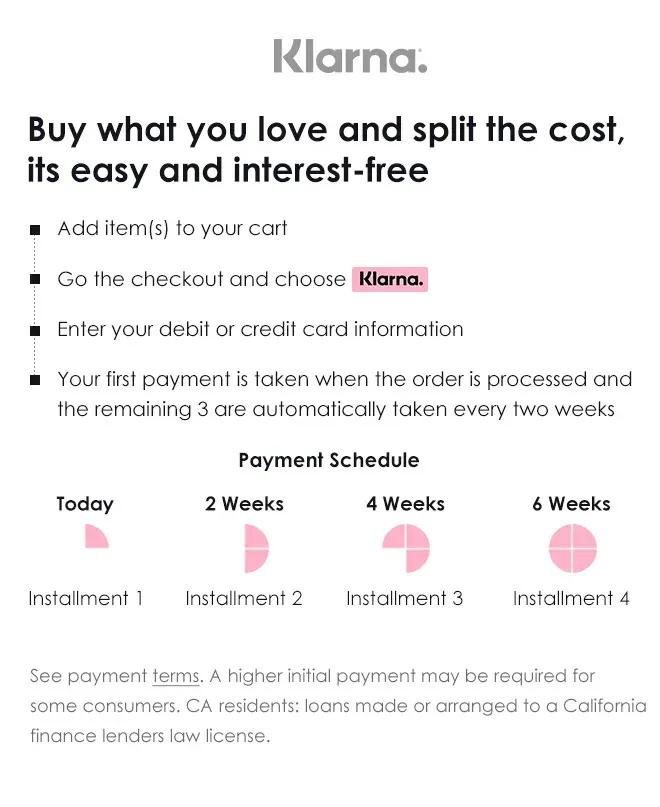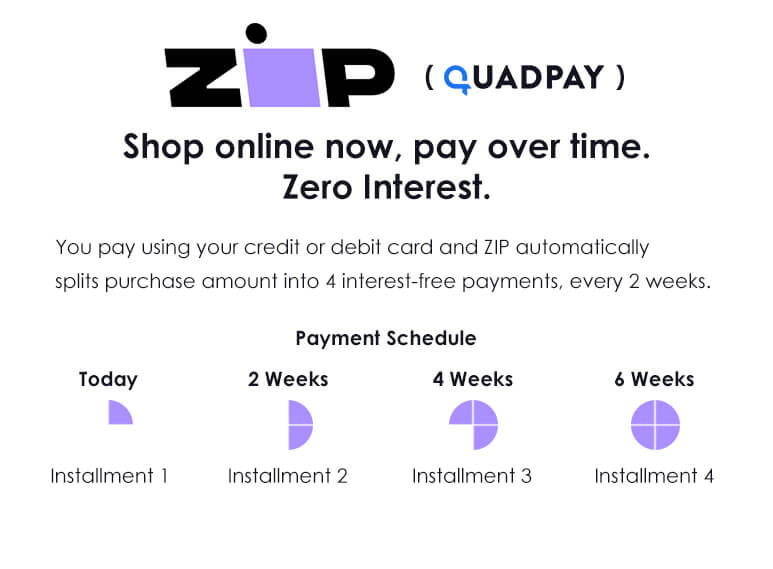The Cost of a Perm: Price Differences by Hair Length
Perms are a popular hairstyle choice for people who want to add volume, texture, waves, or curls to their hair. It is a chemical treatment that modifies the natural texture of the hair, resulting in long-lasting curls or waves. The cost of a perm varies based on a number of criteria, including hair length, style of perm wanted, salon location, and stylist ability.
How does a perm work and what is it?
Let's take a moment to define a perm and its operation before delving into the cost breakdown. A chemical treatment called a "perm" (short for permanent wave") can change the way your hair looks by giving it curls or waves. The hair can be molded around rods or rollers by administering a chemical solution that damages the disulfide bonds in the hair. After the hair is neutralized, the new style is locked in.

Different kinds of perms exist, such as:
Digital perms: Hot perms are another name for this technique, which employs heat to produce soft, realistic-looking waves.
Cold perms: Without the use of heat, these are the conventional perms that only employ chemicals.
Body wave perms: Soft, loose waves are creates with this.
Spiral perms: These create tight, corkscrew curls.
Stacked perms: Ideal for those with a single-length haircut, this perm adds volume at the crown and defined curls at the ends to create a layered effect.
Root perms: Focused only on the roots, this type of perm adds lift and volume to flat hair, making it a great choice for those seeking extra bounce at the scalp.
Perm style costs.
| Perm Style | Average Cost | Description |
|---|---|---|
| Digital Perm | $150 - $300 | A modern perm that uses heated rods to create soft, natural-looking waves. Digital perms tend to be more expensive because they require specialized equipment. |
| Cold Perm | $60 - $150 | The traditional perm method that uses chemical solutions without heat. It’s typically more affordable and gives the classic curly look. |
| Body Wave Perm | $100 - $200 | A perm that creates loose, natural waves, often used for adding volume and texture without tight curls. This style is popular for those with medium to long hair. |
| Spiral Perm | $100 - $250 | Creates tight, corkscrew curls using long rods that wrap the hair in a spiral shape. It takes longer to perform, which can raise the price. |
| Stacked Perm | $80 - $200 | A style where the hair is layered to create volume at the roots and more defined curls at the ends. This is great for adding volume to shorter hair. |
| Root Perm | $50 - $100 | Focuses on adding volume and lift to the roots of the hair, often used to enhance fine or flat hair. It’s typically the least expensive option. |
Elements that influence a perm's price.
Understanding the elements that affect pricing is crucial before talking about how much a perm costs for various hair lengths:
The length of hair.
The cost will go up since longer hair takes more time, products, and effort to style.
Type and texture of hair.
The cost may increase if you have thicker or coarser hair that needs more chemicals or takes longer to treat.
Type of perm.
Because a spiral perm involves more intricate work than a body wave, it will probably cost more. Additionally, because digital perms need specialized equipment, they are typically more costly.
Location of the salon.
Perms are often more expensive in fancy salons in big cities or affluent neighborhoods. Pricing is significantly influenced by regional variations.
Stylistic proficiency.
Professional stylists who specialize in perms and have years of training might charge more for their services.
Extra services.
Additional services that many salons provide, including deep conditioning, haircuts, or styling, might raise the overall cost.
Perm prices vary depending on the length of hair.
| Hair Length | Average Cost | Factors Affecting Price | Additional Details |
|---|---|---|---|
| Short Hair | $50 - $200+ | Less product and time required. | Short hair perms are generally quicker to complete and require fewer chemical products. They are a great option for those looking for a subtle change with minimal maintenance. |
| Medium Hair | $80 - $250+ | More product and time are needed. | Medium-length hair gives stylists more versatility with curl sizes, offering a wider range of styles. It can also be easier to manage than long hair, with more curl options like body waves or spiral curls. |
| Long Hair | $100 - $400+ | Complex techniques and more products. | Long hair takes more time and effort to wrap, and additional products are required to ensure an even perm. Tight curls or large volume looks are popular for this length, but it will be more costly due to the time and complexity. |
| Extra Long Hair | $200 - $600+ | Specialized techniques and extended time. | Extra-long hair demands the most time and expertise. Stylists may use special methods for wrapping long sections of hair or applying heat. The length and thickness of the hair make the perm process much more involved and time-consuming. |
Short hair perm.
Short hair typically refers to hair that is above the shoulders. A perm for short hair is often the least expensive, as it requires fewer products and less time. The price range for a short hair perm can vary from:
Low-end salons: $50 to $100
Mid-range salons: $100 to $150
High-end salons: $150 to $200+
Short hair often requires less time and fewer rods, which means the hairdresser may wrap the hair more quickly. The natural waves or curls that the perm produces can give the hair more texture and volume.
Pros of a short hair perm:
Less costly.
Quicker to perform.
Easy to maintain.
Cons of a short hair perm:
Limited curl size and shape.
Requires more frequent touch-ups as hair grows.
Medium length hair perm.
Usually, medium-length hair falls to the shoulders or somewhat below. Because medium-length hair requires more product and has longer length, a perm for medium-length hair costs more than one for short hair. The average price for medium hair is between:
Low-end salons: $80 to $150
Mid-range salons: $150 to $200
High-end salons: $200 to $250+
The hairdresser may spend more time wrapping the hair and use more rods for medium-length hair. Depending on the client's taste, this enables a greater range of curls, including tighter curls or looser waves.
Pros of a medium-length perm:
Versatile curl options.
Longer-lasting curls and waves.
Requires less maintenance than long hair.
Cons of a medium-length perm:
More expensive than short hair perms.
Takes longer to perform than a short hair perm.
Long hair perm.
The most costly kind of perm is for long hair since it takes more time, products, and effort. Based on the length and thickness of the hair, the price for a perm on long hair varies greatly:
Low-end salons: $100 to $200
Mid-range salons: $200 to $300
High-end salons: $300 to $400+
More rods or curlers are also required for long hair, which implies more chemical product will be required. Particularly for people who choose tight curls or have thicker hair, this is true. Long hair may also require unique process, such as extra conditioning treatments or more time to achieve even coverage, which is why some salons may charge more for it.
Pros of a long hair perm:
Full, voluminous curls or waves.
Dramatic transformation for those with straight hair.
Long-lasting curls.
Cons of a long hair perm:
Expensive.
Time-consuming process.
Higher risk of damage if not done correctly.
Extra long hair perm.
The most costly and time-consuming perm option is extra long hair, which typically reaches past the shoulders or down the back. Depending on the salon, the thickness of the hair, and the intricacy of the desired curls, the price for a perm on extra long hair varies significantly:
Low-end salons: $200 to $350
Mid-range salons: $350 to $450
High-end salons: $450 to $600+
Specialized process are necessary for extra long hair. To guarantee uniform curls throughout the length, more curlers or rods are utilized, and more chemical product is applied to guarantee proper hair setting. Additionally, because the stylist must meticulously wrap each strand of hair, the perm procedure might take many hours. In order to avoid damaging the hair, especially if it is thick or delicate, the hairdresser might also need to apply certain conditioners or treatments.
Pros of an extra long hair perm:
Luxurious, voluminous curls or waves that last for months.
Ideal for those with thick, long hair looking for a dramatic change.
Great for creating big, bouncy curls that add movement and texture to extra long hair.
Cons of an extra long hair perm:
Very expensive, especially at high-end salons.
Time-consuming process (can take up to 3-4 hours)
High risk of damage if not properly maintained.
May require additional salon visits for touch-ups or conditioning.
Extra expenses and factors to take into account.
Digital or hot perms.
The heat treatment used in digital perms is typically more costly than that of conventional cold perms. Depending on the salon location and hair length, these perms usually cost an extra $50 to $100+.
Aftercare and maintenance.
Although perms can last three to six months, particular care is frequently needed to keep the style in place. The total cost may increase if you include other items like deep conditioning treatments, permed hair washes, and curl creams. You should budget between $20 and $50 for maintenance supplies.
Touch-up costs.
The curls may loosen or the perm may become uneven as your hair grows. Depending on the salon and length of hair, most individuals get a touch-up every few months, which may cost anywhere from $50 to $150.
Other services.
Expect extra fees if you're getting a color treatment, deep conditioning, or haircut in addition to the perm. Package deals, which many salons offer, can raise your price by an additional $30 to $150 or more.

FAQ about perm.
How long does a perm last?
Depending on your hair type, level of upkeep, and rate of hair growth, a perm usually lasts two to six months. The curls may become less distinct and the perm will become softer as your hair grows.
Are all hair types eligible for a perm?
Although the results might vary, most hair types can be permed. Compared to thicker hair, fine or thin hair could not keep the curl as effectively. To prevent more damage, it's recommended to wait until your hair is healthy enough for a perm if it's severely damaged.
Does getting a perm harm your hair?
When done properly, perms are harmless, however because of the chemicals employed, they might cause some damage. Hair breakage and dryness can result from over-perming or perming damaged hair. Damage can be reduced with the use of conditioning treatments and other appropriate aftercare.
How should my hair be prepped for a perm?
Avoid using harsh chemicals and attempt to moisturize your hair to maintain it in good condition before receiving a perm. You might have to wait for your hair to repair if it is severely damaged. It is advised to discuss the state of your hair with your hairdresser during a consultation.
What may I anticipate from a perm process?
Depending on your hair's thickness and length, the perm procedure typically takes one and a half to three hours. The hairdresser will apply a perm solution after first wrapping your hair around rods. A neutralizer is used to seal in the curls once the solution has set.
Can hair that has been colored be permed?
Certainly, however before obtaining a perm, you should wait at least two weeks after dyeing your hair. Asking your hairdresser if it's okay to perm after coloring is crucial because color-treated hair is sometimes more delicate.
After a perm, is it still possible to straighten my hair?
Permed hair can be straightened, but you should wait until the perm has completely set, which should take at least 48 hours. Exercise caution while styling permed hair since too much heat might exacerbate the damage.
How may a perm be extended it's service life?
Wait 48 hours to wash: Let the curls set by avoiding washing your hair for the first 48 hours.
Use sulfate-free shampoo: Choose gentle, sulfate-free shampoo to keep curls defined and hydrated.
Deep condition regularly: Keep hair moisturized with weekly deep conditioning to prevent dryness.
Limit heat styling: Avoid frequent use of heat tools to prevent frizz and curl loss.
Sleep smart: Protect curls with a silk pillowcase or hair bonnet to reduce frizz.
Trim every 6-8 weeks: Regular trims keep curls fresh and prevent split ends.
Avoid other chemical treatments: Wait 2-3 weeks before coloring or relaxing your hair.
Curly or wave wigs may be an option.
If you're looking for a new look without committing to a perm, you can always choose a curly or wave wig. These wigs offer the perfect solution for those who want to experiment with curls or waves without the long-term commitment or potential damage of chemical treatments. Whether you're going for tight curls, loose waves, or beachy curls, wigs come in various styles and textures to suit your mood or occasion. Plus, they’re incredibly versatile—allowing you to switch up your style whenever you want. With high-quality wigs available in natural-looking human hair options, you can achieve the same volume and texture as a perm, with less maintenance and more flexibility.




















Leave a comment